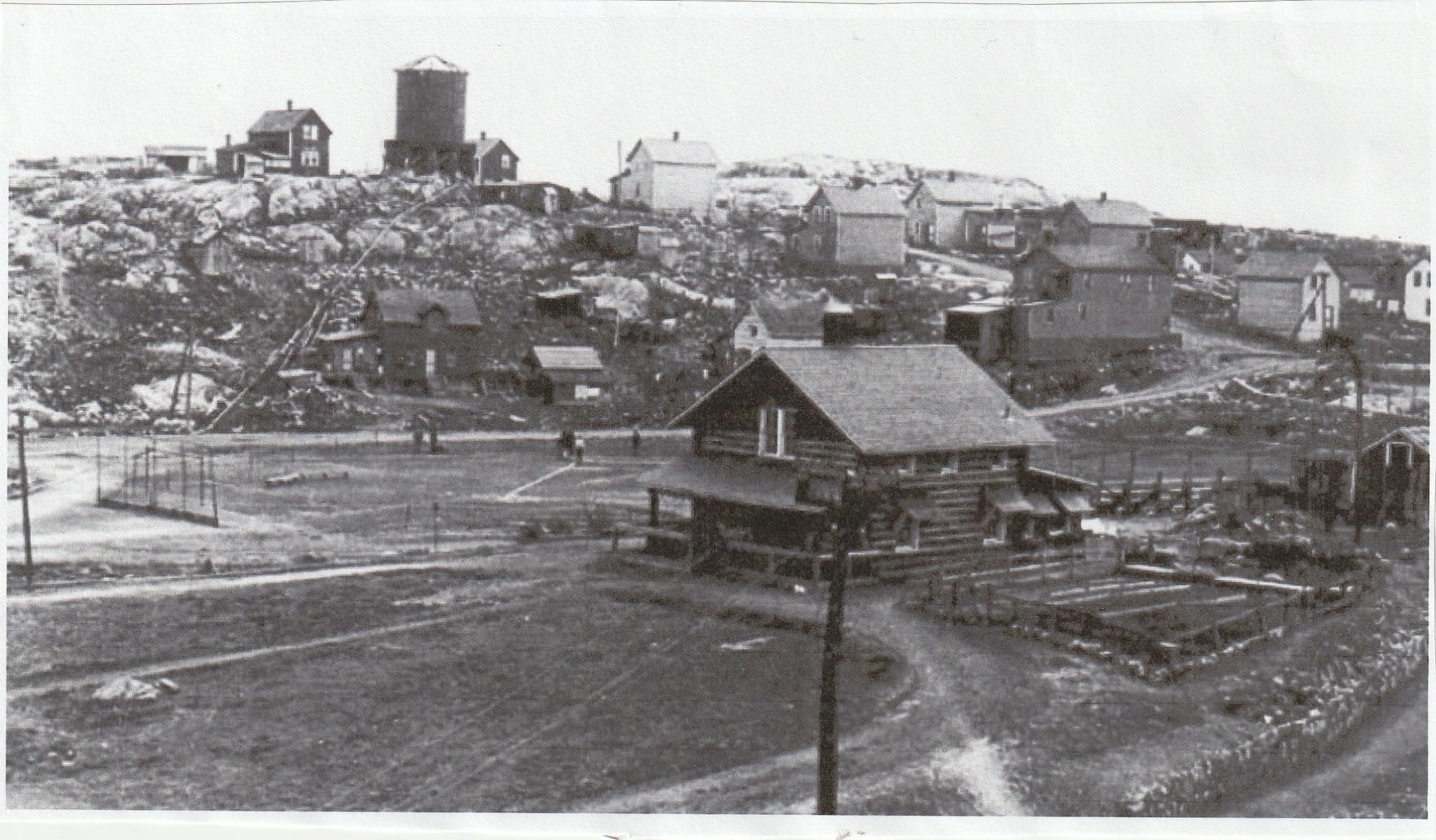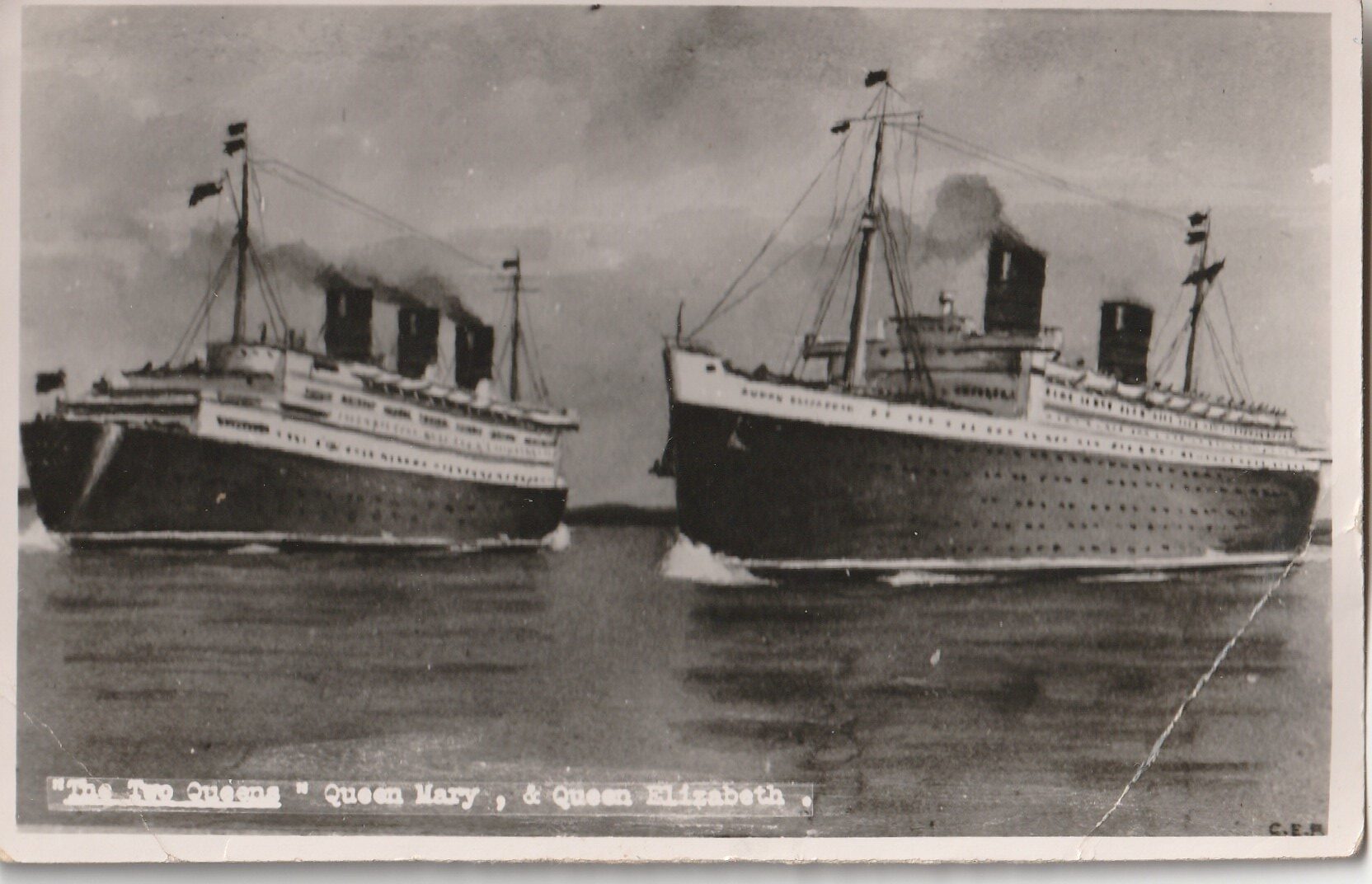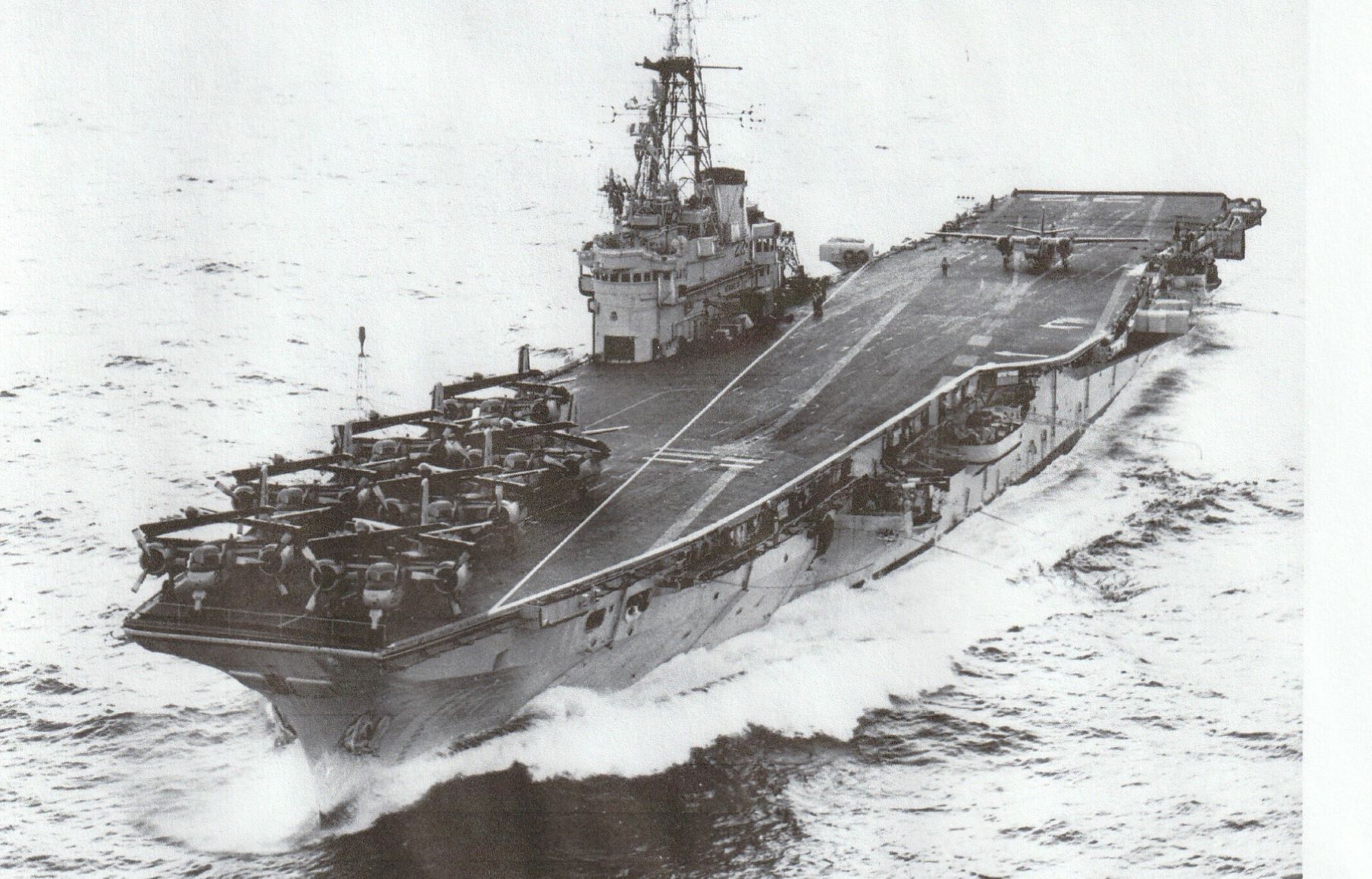For those of you who follow my website and the ‘additional’ cases contained therein, there is a newly disclosed aspect to the solving of the Duane Oswald David case. An unsung hero who was pivotal in bringing Duane Oswald David to justice has agreed to share information about his role in this matter.
For the last 28 years, on each anniversary of his friend and co-worker Lyrister David’s murder, Scott Elliott has searched for any additional information that may have surfaced about this relatively obscure – and yet momentous – case, one that was originally shared with me by Detective Inspector Don MacNeil.
The following is a recounting of Scott’s involvement.
In 1986, Scott Elliott began his career with The Ministry of the Environment at 135 St. Clair Avenue West in Toronto. Lyrister David worked at the 40 St. Clair Avenue West site but, being in the same branch, they got to know each other in meetings. In the summer of 1993, Scott would find himself at the same site as Lyrister, where they would work closely together.
“There were seven of us in the Purchasing Section and I got to know Lyrister quite well. She was super conscientious, so when she did not show up for work one day and never called – it was totally out of character. The next day the Manager called us all together and told us that Lyrister had been murdered: it was like a gut-punch to everyone.”
He went on to describe how, on the next day, Grievance Counselors were brought in to speak with the staff and how two of the workers who lived relatively close to Lyrister had both regretted not having called her – however, they both realized that it could never have changed the outcome.
Two days later, the funeral was held with what Scott described as “a couple of hundred people in attendance” paying their respects to Lyrister, her sister and her little nephew. He said that he was surprised to see the police in attendance, and even taping the event, but was to learn that murderers are not unknown to show up at their victims’ funerals.
Shortly after, Scott would learn that Duane, Lyrister’s son, was the prime suspect. He was said to have taken his mother’s ATM card, which had been used recently in Los Angeles, California. Scott also learned that the blood transferred to some of the victims during the slaughter had been Duane’s.
“Our regular receptionist had suffered a heart attack two months prior to these events and remained on sick leave. A temp had been hired to take her place and on this particular day she had asked if I would cover the phones while she took a break. I took over the phones and not less than ten minutes later, a male caller rang through. The caller asked to speak with his mother, Lyrister David. I said ‘I’m sorry but Lyrister is no longer with us.’ He said ‘What do you mean, Lyrister is no longer with you? I want to speak to my Mom.’ I said ‘Is that you Duane?’ He said ‘Yes, where is my Mom? I want to speak with her.’”
“‘I’ll tell you what Duane, why don’t you give me your number and I will have her call you back.’ ‘Well, I’m at a payphone.’ I responded: ‘well, that’s alright, why don’t you give me the number of where you are and I will have her call you back.’”
“Do you remember how the old White Pages had a map of all the area codes in the front? Well, I could see that the call originated from California and I thought to myself ‘It is him!’ I immediately dialed the Toronto Police. “I think I have the murderer located in regards to the triple murder case in Tottenham.”
“They told me to call the Tottenham OPP right away and gave me the number. When I shared the information with the OPP, they said, ‘Write down everything that was said, immediately,’ and I did.”
“I went back to take over the phones fifteen minutes later and almost immediately got a call from an OPP officer and he said ‘I just got off the phone with the FBI and they found Duane David waiting outside the phone booth for your call.’ I looked up to the heavens and I said, ‘I’m sorry, Lyrister, that I can’t bring you back, but at least I helped to have your killer caught.’”
The next day, two OPP officers came into Scott’s workplace to speak with him. “Wow, that was some detective work,” one said. “You’re up for a citation. Are you interested in a transfer to the OPP?” Scott did not follow up on either the citation or the job offer.
“A newspaper report came about saying that Duane had called one of Lyrister’s other sisters but that had been incorrect. I called the journalist with the correct information but he told me that he could not write this without me allowing him to print my name. I declined, as I thought to myself that I didn’t need the notoriety and that I was happy to just be able to do what I did.”
Scott recalled that Lyrister never talked about her son much. Apparently he had worked for the MOE as a student one summer, but Scott didn’t think that he had ever met him.
“About four months after the California arrest of Duane, I had to attend the trial, which was held at a courtroom in Barrie, Ontario. I was very nervous. It is very strange when the person who you are speaking to the court about is just twenty feet away from you in the Prisoners’ Box and wearing an orange jumpsuit. When I looked at Duane in the courtroom, I remember thinking how diminutive he was in person. I mean, Lyrister was 5’1” or 2” but she was stocky and she wouldn’t take any guff. She was friendly but if you said the wrong thing, she was like right back at you.”
When I spoke with Scott, it was obvious that the details surrounding the murders remained very vivid for him. He reflected briefly on a conversation with one officer at the murder scene about the dicovery of the nephew’s body.
“I asked one officer: why did Duane call? I mean, why didn’t he just go into a police station and give himself up?” The officer told him that Duane was in a rough area of Los Angeles and had just been ‘rolled’ (robbed and beaten up).
“I was glad that I took the call, rather than the receptionist on health leave at the time,” Scott reflected. “I met Lyrister’s surviving sister when she came to pick up Lyrister’s belongings that she kept at work.”
Scott admits to having flashbacks after all these years and he does not doubt for a moment that he will always relive those days – every anniversary of the end of the dream.



